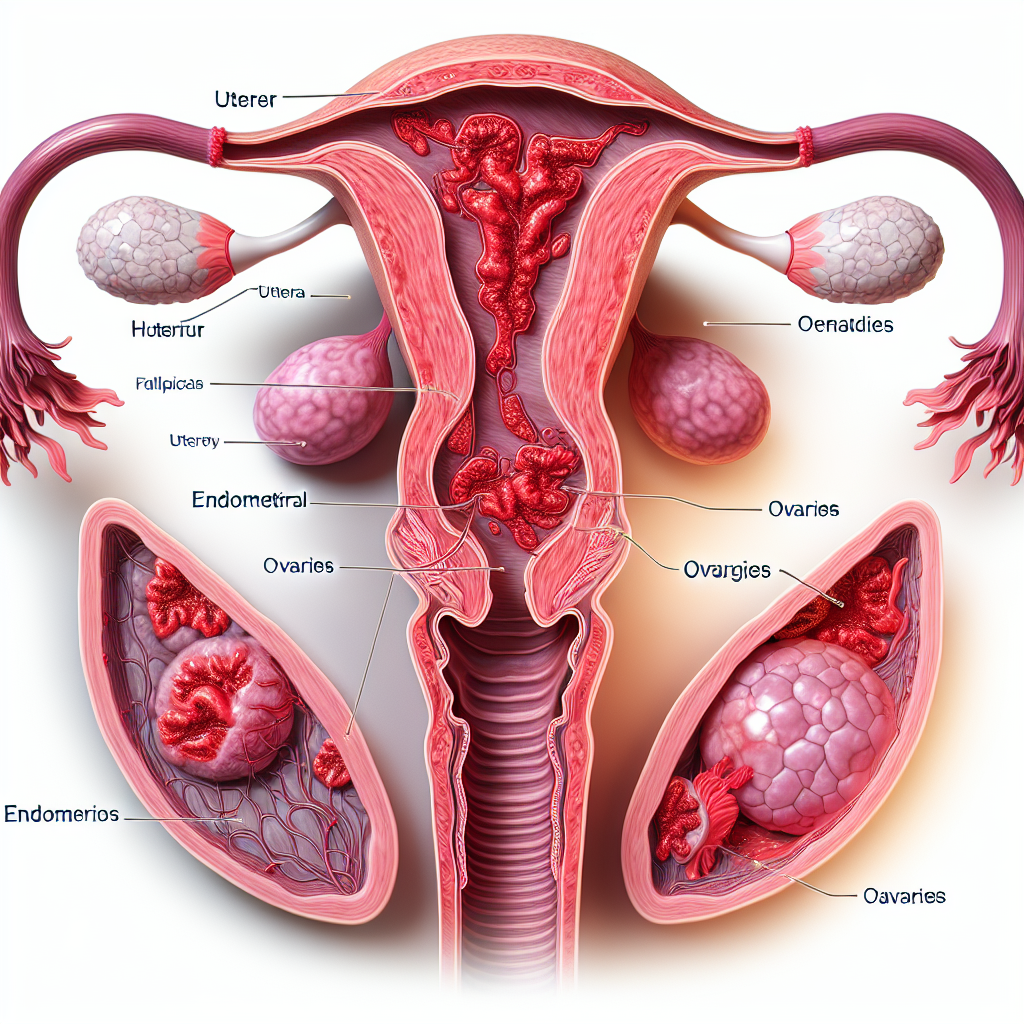Study Reveals Disparities in Endometriosis Diagnosis Among Women
A study involving over 17,000 women highlights significant disparities in endometriosis diagnosis based on race and sexual orientation. Black and Hispanic women are less likely to be diagnosed, while LGBTQ women have higher odds of receiving a diagnosis. The research underscores the need for equitable healthcare practices.

A recent study involving over 17,000 women has revealed significant disparities in the diagnosis of endometriosis, a chronic and painful condition affecting about 10% of reproductive-age women worldwide. The research, published in the Journal of Endometriosis and Uterine Disorders, indicates that minority women, particularly Black and Hispanic, are less likely to be diagnosed.
The study also found that women identifying as LGBTQ had a higher likelihood of receiving an endometriosis diagnosis compared to their heterosexual counterparts. This marks the first national-level examination of endometriosis diagnosis among non-heterosexual women in the U.S., highlighting the necessity for more inclusive healthcare practices.
Conducted using data from the National Health and Nutrition Examination Survey from 2011 to 2019, the study's findings emphasize the systemic biases within healthcare that contribute to these disparities. Researchers call for more equitable medical care to address these issues, as the condition remains underdiagnosed and underresearched, costing the U.S. around $22 billion annually.
(With inputs from agencies.)










